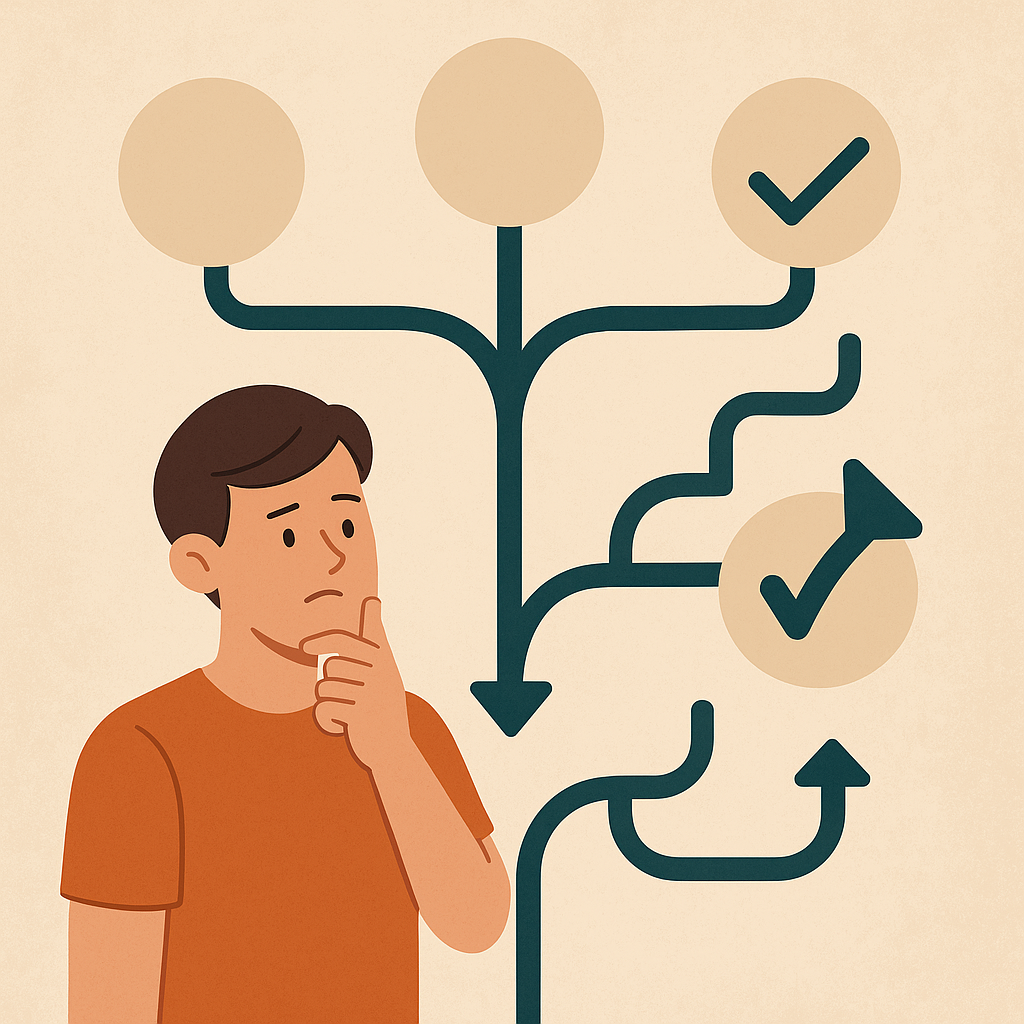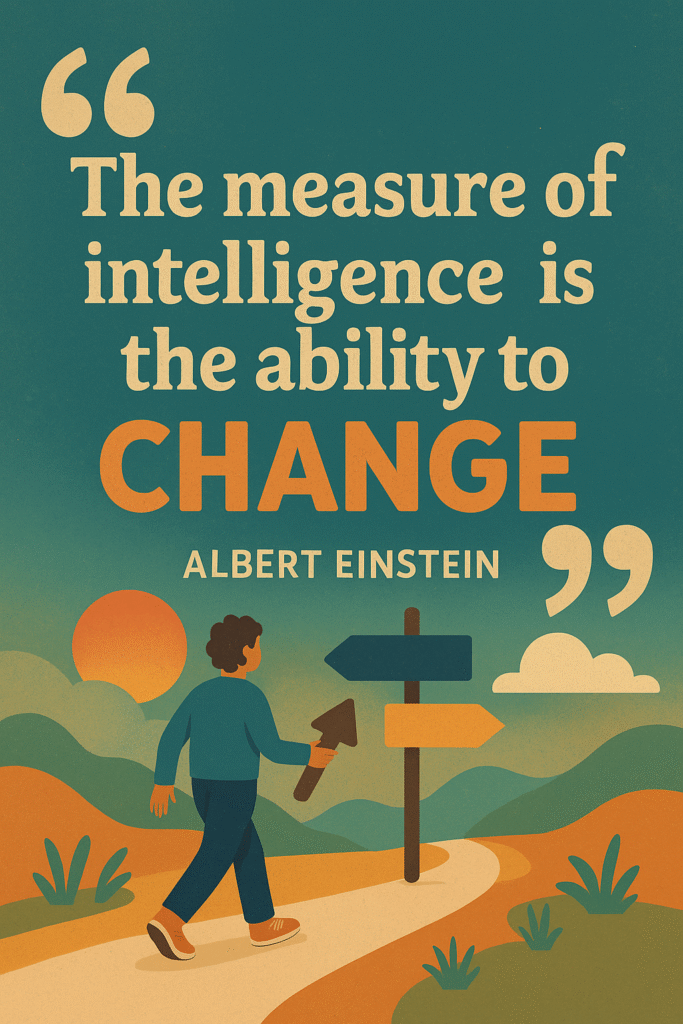
🔹 What Does Pragmatic Mean?
The term Pragmatic Meaning: refers to a practical and realistic approach to situations and problems, focusing on what works in real-world applications over idealism or theory.
As defined by:
- Cambridge Dictionary: “Solving problems in a sensible way that suits the conditions that really exist.”
- Merriam-Webster: “Dealing with things sensibly and realistically in a way that is based on practical rather than theoretical considerations.”
- Collins Dictionary: “Pragmatic means dealing with things in a practical way.”
🔹 Etymology of “Pragmatic” Pragmatic Meaning:
The word stems from Greek pragmatikos, meaning “relating to fact or deed,” from pragma, meaning “thing done.” The Latin influence later shaped the English usage to denote practicality.

🔹 Pragmatic vs. Idealistic – Key Differences
| Trait | Pragmatic | Idealistic |
|---|---|---|
| Mindset | Realistic, result-driven | Dream-driven, values-focused |
| Approach | Problem-solving with practical methods | Focus on how things “should” be |
| Examples | Focus on feasible solutions | Focus on perfect solutions |
A pragmatic person asks, “What will work now?” while an idealist wonders, “What’s the perfect solution?”
🔹 Synonyms of Pragmatic
- Realistic
- Sensible
- Practical
- Down-to-earth
- Businesslike
🔹 Antonyms of Pragmatic
- Idealistic
- Theoretical
- Impractical
- Naïve
- Visionary (in an unrealistic sense)

💼 Why Being Pragmatic Matters in Today’s World
1. Professional Success
Employers favor pragmatic individuals who take initiative, solve problems practically, and manage limited resources effectively.
2. Better Decision-Making
Pragmatic people weigh consequences and adjust to real-world feedback, making them more resilient in leadership roles.
3. Productivity and Efficiency
Instead of chasing perfection, they focus on done-over-perfect, helping achieve goals faster and smarter.
🔹 Real-Life Examples of Pragmatism
- Steve Jobs focusing on user-friendly features in Apple products over unnecessary complexity.
- Doctors using trial-and-error in emergencies to save lives pragmatically.
- Business leaders who pivot during economic crises to meet current demands instead of clinging to outdated plans.
🔹 Pragmatic Use in Sentences
| Sentence | Meaning |
|---|---|
| “She took a pragmatic approach to managing stress.” | She found practical solutions like breathing exercises or time blocking. |
| “The manager made a pragmatic choice to reduce costs.” | Focused on what would actually save money. |
| “He’s pragmatic, not emotional.” | His decisions are based on logic and facts. |

🔹 How to Cultivate a Pragmatic Mindset
Apply Past Lessons
Learn from failures and adapt quickly.
Focus on Outcomes
Ask: What works? What gets results?
Let Go of Perfection
Progress is more important than perfection.
Analyze Constraints
Work within time, money, or resource limits.
Test and Iterate
Use a trial-and-error method to refine your strategy.
Stay Emotionally Detached from the Plan
Be flexible to change when things don’t go as expected.
Observe and Adapt
Pragmatists are keen observers of reality, not ideal scenarios.
🔍 Pragmatism in Philosophy vs. Practicality in Life
In philosophy, Pragmatism is a school of thought developed in the late 19th century by thinkers like Charles Peirce and William James. It argues that the meaning of ideas is rooted in their practical consequences.
In modern usage, however, it often refers to a problem-solving, results-oriented mindset in daily life.
🧠 Famous Quotes on Pragmatism
“A pragmatic man is not a man who goes with the wind, but one who adjusts his sails to reach his destination.” – Anonymous
“In theory, there is no difference between theory and practice. In practice, there is.” – Yogi Berra
“The measure of intelligence is the ability to change.” – Albert Einstein

🌐 External Resources for Deeper Insight
Collins Dictionary – Pragmatic
Cambridge Dictionary – Pragmatic
Merriam-Webster – Pragmatic Definition
📝 Versatile Meaning – The Power of Adaptability in Action
✅ Conclusion: Think Smart, Act Real – Be Pragmatic
Pragmatism is not a compromise—it’s a superpower. In business, relationships, education, or self-growth, being pragmatic means thinking clearly, acting wisely, and delivering results in the real world.
If you want to thrive in a world full of distractions, emotions, and uncertainty—embrace the power of being pragmatic.